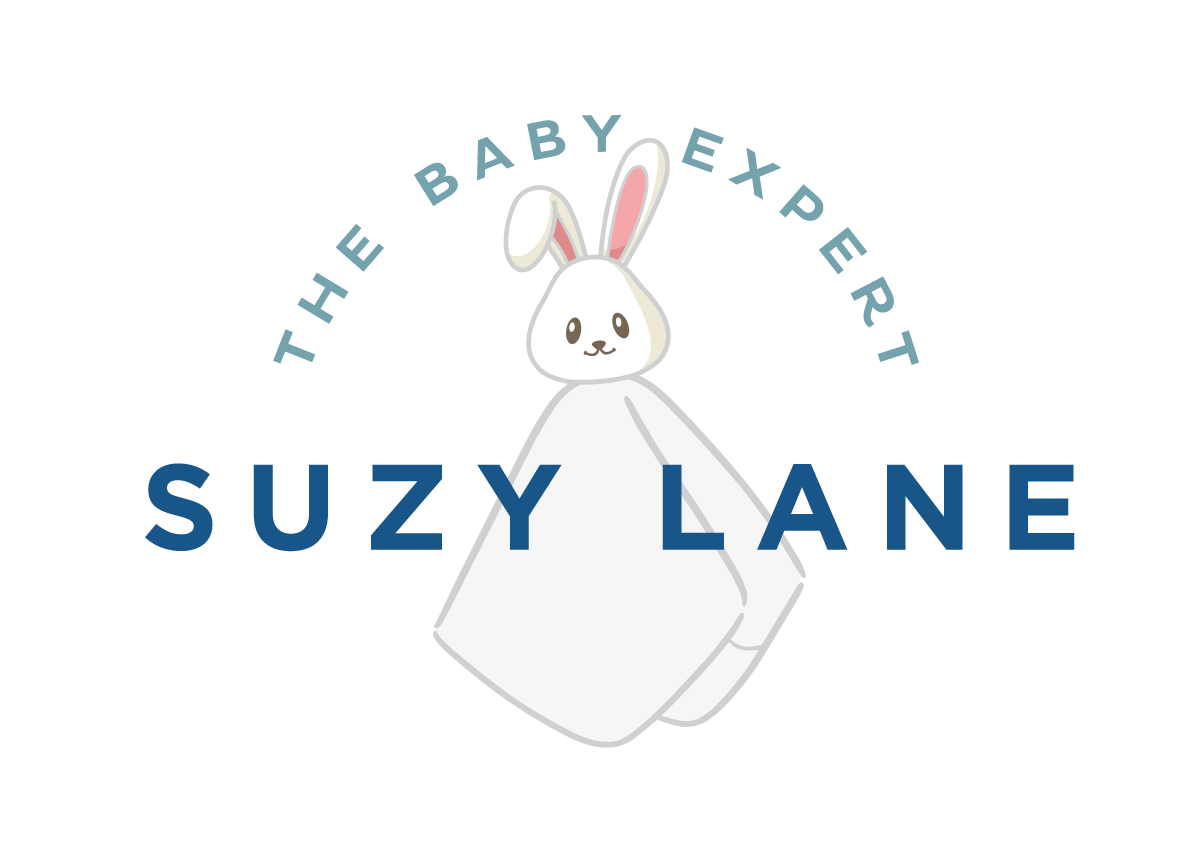Breastfed baby refusing the bottle? Evidence-based study
Having worked with a high degree of success on bottle refusal issues over many years, I know just how utterly frustrating it can be! Mothers have felt trapped by the constant breastfeeding and fathers have felt helpless and left out because, let’s face it, feeding is an important bonding moment between parent and baby.
If you are stressed by constant refusals and it just doesn’t feel right to keep insisting then please, please do stop because it is very likely your baby is feeling pressured by the constant offerings. This pressure reinforces the feeling that feeding is a negative life experience for your little one. Take a break for a minimum of at least two weeks. Feel free to Contact Me! By getting a professional diagnosis of the refusal it makes a huge difference to how and when you offer the bottle. Also how your baby perceives the overall experience.
I carry out a full analysis then set you on the right track. It’s a virtual consultation with specific guidance before you start afresh. For the best results, I can work with you in your home, showing you an intuitive and respectful technique that works well for so many of my littlest ‘clients’. My aim is for you to understand why your baby struggles, how to create more positive bottle feeding associations and why it’s important for all forms of feeding too. You will be empowered and your baby will learn to relax into bottle feeding or mix bottle/breast feeding (that choice is yours!).
BOTTLE REFUSAL STUDY (Extract)
Published in June 2020.
Maxwell C, Fleming KM, Fleming V, Porcellato L. Matern Child Nutr. 2020;16:e13047.
DEFINITION:
‘Bottle refusal is when a breastfed baby initially or continuously refuses to accept a bottle containing either expressed breastmilk or infant formula.
Little is known about bottle refusal in breastfed babies; however, an informal review of global online forums and social media suggested large numbers of mothers experiencing the scenario.
The study aimed to explore UK mothers’ experiences of bottle refusal by their breastfed baby in order to provide understanding of the scenario and enhance support for mothers experiencing it. A 22-point online questionnaire was developed and completed by 841 UK mothers. Findings suggest that mothers introduced a bottle to their breastfed baby due to physical, psychological and socio-cultural factors. Advice and support for mothers experiencing bottle refusal was not always helpful, and 27% of mothers reported bottle refusal as having a negative impact on their breastfeeding experience. When compared with eventual bottle acceptance, bottle refusal was significantly associated with previous experience of bottle refusal, how frequently mothers intended to feed their baby by bottle and babies being younger at the first attempt to introduce a bottle.
The study provides a unique insight into the complexities of bottle refusal by breastfed babies and the impact it can have upon mothers’ breastfeeding experiences. It generates knowledge and understanding that can help to inform practice and policies. In addition, a ‘normalising’ of the scenario could enable mothers, and those supporting them, to view and manage it more positively.’
Key messages
- There is no one, single reason why a breastfed baby refuses to bottle feed
- The psychological benefits of breastfeeding appear to underpin refusal for some babies.
- Biologically, babies expect to breastfeed; bottle feeding is not a normal concept for them.
- A breastfed baby’s individual personality/temperament may underpin their bottle refusal.
- Mothers explain refusal as their baby ‘disliking’ certain bottle brands and being introduced to a bottle ‘too late’.




